Sale!
Training For Certified Manager Five””S””
Original price was: ₹17,000.00.₹8,500.00Current price is: ₹8,500.00.
Training for Certified Manager in Five ‘S’ refers to a certification program that focuses on the principles of the 5S methodology. The 5S methodology is a workplace organization method that originated from Japan and is widely used to improve efficiency, productivity, and safety in various industries.
The five ‘S’ in 5S stand for:
1. **Seiri (Sort)**: Eliminate unnecessary items and keep only what is needed for the current operation.
2. **Seiton (Set in Order)**: Organize items and tools so that they are easily accessible and can be quickly returned to their designated places.
3. **Seiso (Shine)**: Clean the workplace regularly to maintain a clean and orderly environment.
4. **Seiketsu (Standardize)**: Establish standard procedures and practices for maintaining the first three ‘S’ consistently.
5. **Shitsuke (Sustain)**: Maintain discipline and continue practicing the first four ‘S’ over the long term.
Here’s a suggested training outline for becoming a Certified Manager in 5S:
### 1. Introduction to 5S
– History and background of 5S
– Benefits of implementing 5S
– Overview of the five ‘S’ principles
### 2. Seiri (Sort)
– Identifying and categorizing items
– Criteria for sorting (what to keep, relocate, or discard)
– Practical exercises and case studies
### 3. Seiton (Set in Order)
– Principles of efficient workplace organization
– Designing a layout for easy access and flow
– Labeling and signage strategies
### 4. Seiso (Shine)
– Importance of cleanliness and maintenance
– Cleaning schedules and procedures
– Tools and techniques for effective cleaning
### 5. Seiketsu (Standardize)
– Developing standard operating procedures (SOPs)
– Implementing visual controls and checklists
– Training and engaging employees in standardization
### 6. Shitsuke (Sustain)
– Building a culture of continuous improvement
– Monitoring and auditing 5S practices
– Recognizing and rewarding success
### 7. Implementation and Case Studies
– Steps for implementing 5S in an organization
– Real-world case studies of successful 5S implementation
– Overcoming challenges and resistance
### 8. Assessment and Certification
– Review of key concepts and principles
– Written exam or practical assessment
– Awarding of Certified Manager in 5S certification upon successful completion
### Additional Tips:
– **Hands-on Training**: Incorporate hands-on activities, workshops, and simulations to reinforce learning.
– **Continuous Improvement**: Emphasize the importance of continuous improvement and adaptability in maintaining 5S practices.
– **Leadership Skills**: Train managers and leaders on how to effectively lead and motivate teams in implementing 5S.
Remember, becoming a Certified Manager in 5S not only requires understanding the principles but also the ability to apply them effectively in real-world situations. Continuous learning, practice, and leadership are key to mastering 5S and driving organizational excellence.

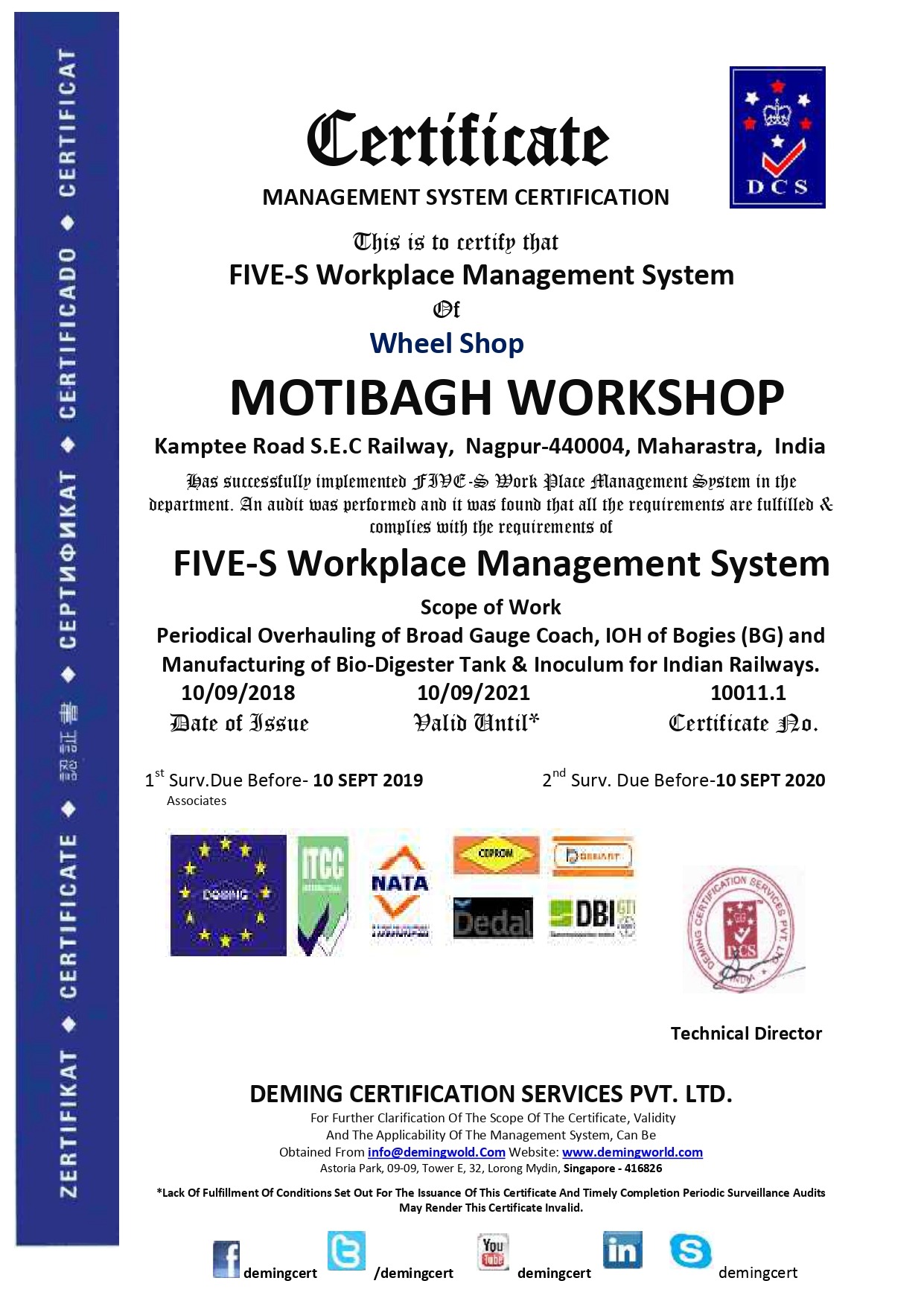


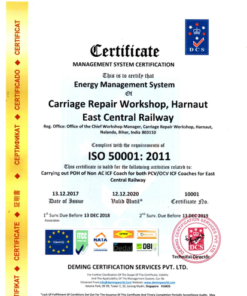
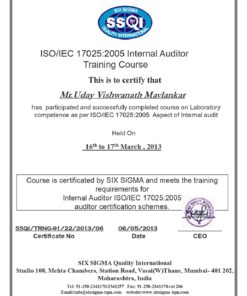

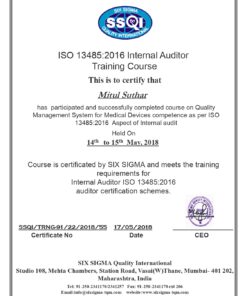

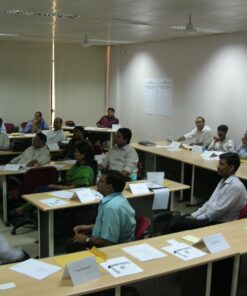
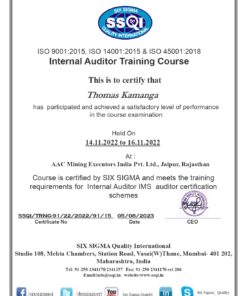
Reviews
There are no reviews yet.